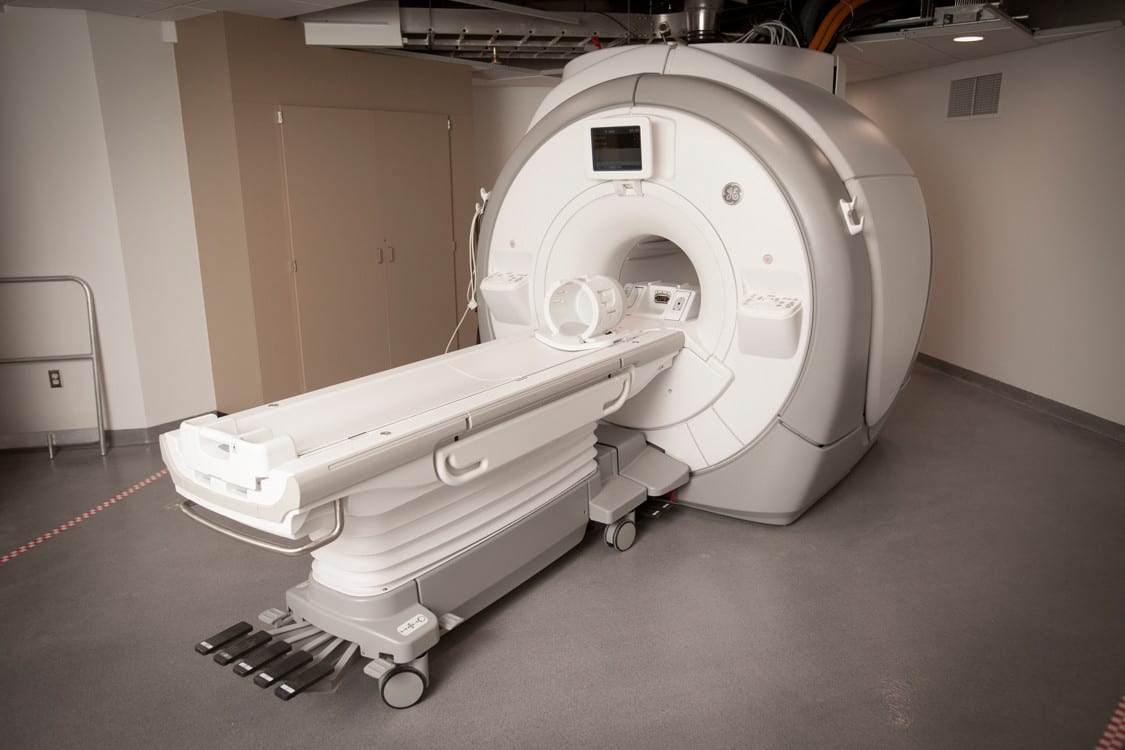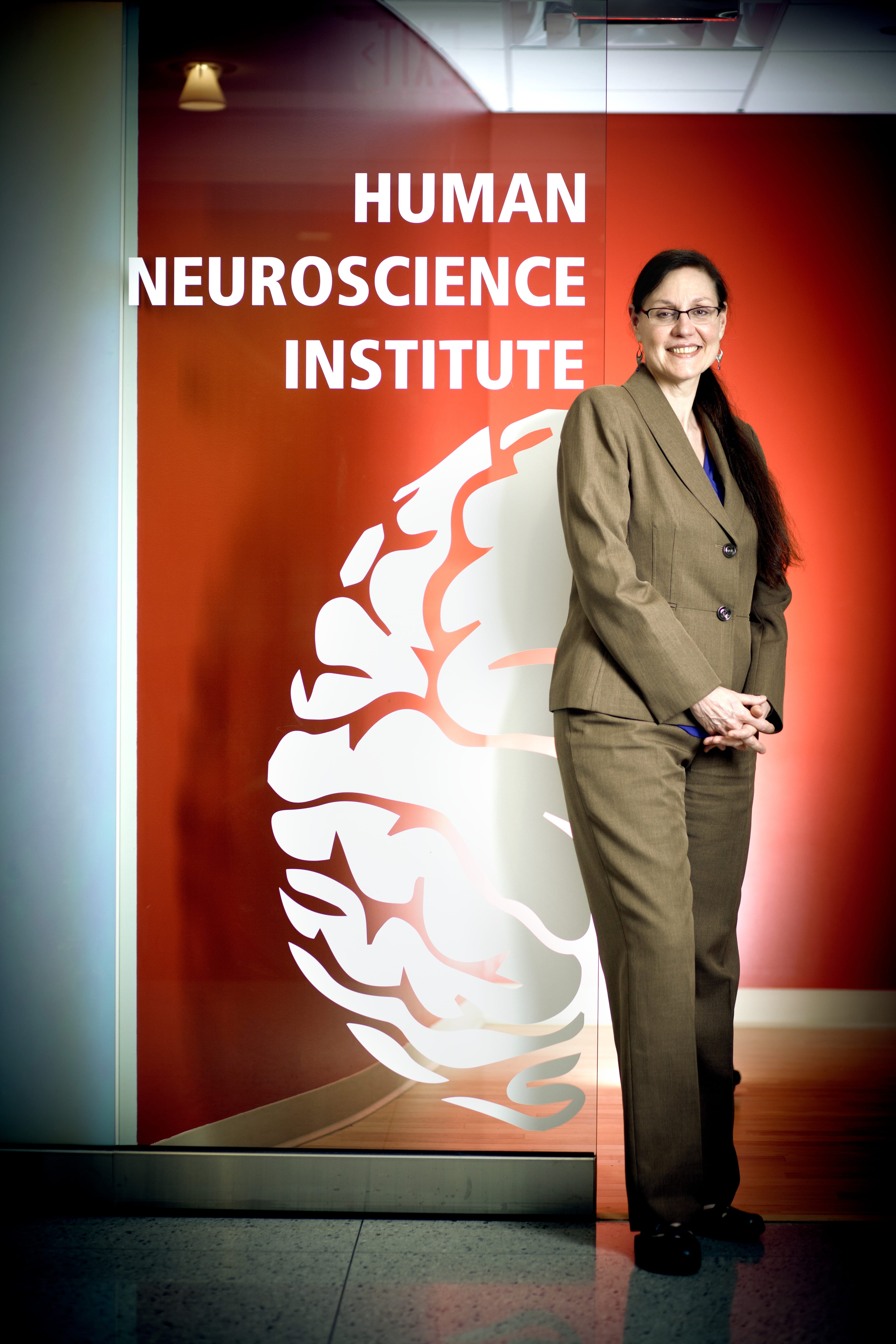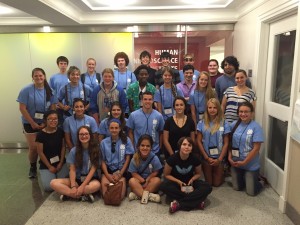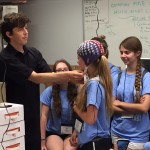FEATURES
Charles Brainerd to receive G. Stanley Hall Award

Charles Brainerd, professor of human development and human neuroscience, will receive the American Psychological Association’s G. Stanley Hall award for distinguished contributions to developmental science at the APA’s August 2019 meeting in San Francisco.
Assisted-living is better when family and staff communicate
Karl Pillemer, the Hazel E. Reed Professor in Human Development and senior associate dean for research and outreach in the College of Human Ecology, has developed the Partners in Caregiving in Assisted Living Program (PICAL) to reduce staff-family conflict in assisted living facilities.
Institute for the Social Sciences grant awarded to bethany ojalheto
The Institute for the Social Sciences (ISS) grants awards to faculty to develop new research or seek external funding. bethany ojalehto received funding for her project, "Cognitive Drivers of Environmental Decision Making: Mobilizing Indigenous Ecocentric Conceptual Perspectives in Diverse Contexts."
Our brains are wired to earn money, but not save it
 Adam Anderson and Eve De Rosa recently studied why it is hard for people to save money. They found that when people were given the choice, over 90% of the time they chose earning money to saving it. They discuss how our brains may be hard-wired for earning and that saving requires more conscious effort.
Adam Anderson and Eve De Rosa recently studied why it is hard for people to save money. They found that when people were given the choice, over 90% of the time they chose earning money to saving it. They discuss how our brains may be hard-wired for earning and that saving requires more conscious effort.
Teens old for their grade more likely to enroll in college

Felix Thoemmes uses math models to better understand why high school students who are old for their grade are more likely to enroll in college than students who are young. The article discusses how the age at which one starts school has implications for each student as well as for the class as a whole.
MULTIMEDIA
Robert Sternberg and the Triangular Theory of Love
 Robert Sternberg was interviewed on October 9, 2018 for the podcast, What Makes Us Human?from Cornell University's College of Arts & Sciences. This is the podcast's third season, "What Do We Know About Love?" and Dr. Sternberg discusses his "Triangular Theory of Love."
Robert Sternberg was interviewed on October 9, 2018 for the podcast, What Makes Us Human?from Cornell University's College of Arts & Sciences. This is the podcast's third season, "What Do We Know About Love?" and Dr. Sternberg discusses his "Triangular Theory of Love."






 Lin Bian
Lin Bian One of the central goals in the establishment of the
One of the central goals in the establishment of the 
 APS President Suparna Rajaram invited four distinguished psychological scientists to speak about memory from cognitive, neuroscientific, cultural, and developmental approaches as part of the Presidential Symposium at the 30th Annual APS Convention in San Francisco. Watch Qi Wang's presentation, "Studying Memory Development in Cultural Context: A Multi-Level Analysis Approach".
APS President Suparna Rajaram invited four distinguished psychological scientists to speak about memory from cognitive, neuroscientific, cultural, and developmental approaches as part of the Presidential Symposium at the 30th Annual APS Convention in San Francisco. Watch Qi Wang's presentation, "Studying Memory Development in Cultural Context: A Multi-Level Analysis Approach".



